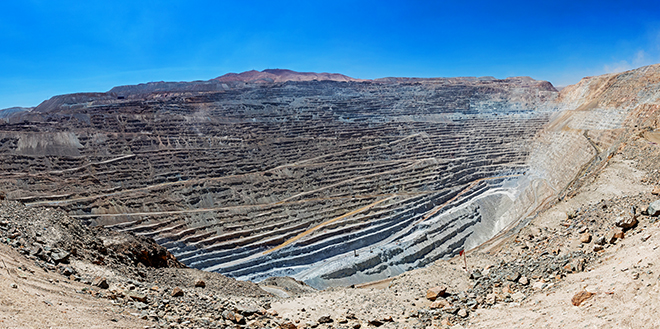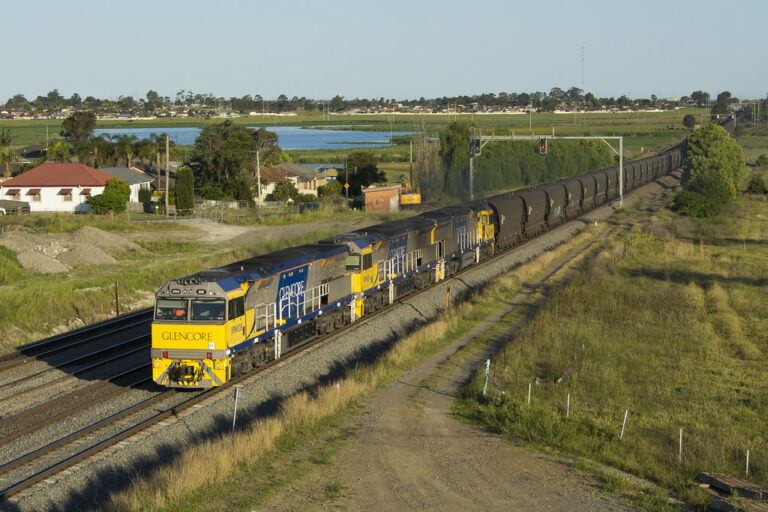Glencore plc (LON:GLEN) has published its 2021 Sustainability Report, which is available on its website .
Our 2021 Sustainability Report incorporates our ESG (environment, social and governance) data book, which aligns with the Global Reporting Index’s reporting requirements, and maps to the International Council on Mining & Metals (ICMM) Mining Principles, the United Nations Global Compact’s principles and the reporting requirements of the Sustainability Accounting Standards Board’s Metals and Mining Sustainability Accounting Standard.
As in previous years, this year’s Sustainability Report focuses on those areas identified as material to Glencore, its assets and both its internal and external stakeholders. In addition to providing an overview of the approach, performance and activities during the year for each material topic, we include case studies on the work undertaken by our commodity departments to drive improved performance in our operations.
Kalidas Madhavpeddi, Chairman, notes “I am pleased to see the activities that Glencore has undertaken throughout 2021 to progress its performance across our material sustainability topics.
“During my first year as Glencore’s Chair, a large part of my time has been meeting with our shareholders and hearing their thoughts on our business. A key topic of our discussions has been our climate strategy. Climate change is a Board-level standing agenda item. In 2021, we revised our internal climate change governance framework to drive implementation of our climate strategy and the supporting work programmes. Strategic decisions in respect of our climate programme are made by the Board and our new Climate Change Taskforce has its objectives set by the Board, which oversees its work.
“We continue to review the alignment of our industry organisations’ positions and activities relating to climate change and energy with our own climate change position and the goals of the Paris Agreement.
“If an industry organisation adopts an approach inconsistent with our Values, Code of Conduct or Political Engagement Policy, or the goals of the Paris Agreement, we will take appropriate action. This may include constructively engaging with the organisation or, if no progress can be made, resigning from that organisation and establishing independent advocacy.
“Our Board continues to believe that our responsible stewardship model for our coal assets is the correct one for all stakeholders. It is not just that s imply passing carbon-intensive assets to others will not get the world to net zero – it is likely to be less effective in doing so while increasing other ESG risks and reducing transparency. Our Board believes that the ESG responsibilities for these assets are best managed by Glencore as a responsible operator rather than leaving these to be someone else’s problem .”
Gary Nagle, Chief Executive Officer, said “I am proud of the progress that Glencore is making to embed sustainability throughout our business activities. During 2021, the roll out of new and revised Group policies and their accompanying governance documents has initiated a more robust and consistent approach to health, safety, environment, community and human rights at all our operations.
“We also recognise our stakeholders’ keen focus on climate change and their expectation for Glencore to align its business strategy with the goals of the Paris Agreement. We undertake extensive engagement with interested stakeholders, particularly with the investor group, Climate Action 100+.
“During 2021, we strengthened our commitment to reducing our total emissions footprint (Scope 1, 2 and 3), which underpins our ambition to be a net-zero total emissions company by 2050. Our revised targets are:
• 15% reduction by 2026 on 2019 levels; and
• 50% reduction by 2035 on 2019 levels.
“We use the Intergovernmental Panel on Climate Change (IPCC) scenarios to illustrate our compliance with the net zero ambition. Our 2026 target lies within the range of IPCC 1.5-degree scenarios (IPCC SR1.5) and our 2035 target is aligned to the IEA NZE 2050 scenario, which is consistent with IPCC SSP1-1.9 (IPCC AR6WGI).
“The steps that the Board and I took in reviewing our safety performance and strengthening our safety culture is driving improved performance. We are determined to eliminate fatalities across our business and safety continues to be our top priority.
“The group-wide cultural review that we initiated in 2020 to ensure robust, consistent cultural heritage practice across our industrial business has resulted in the development of a standalone Cultural Heritage Standard. This Standard will elevate the visibility and priority of cultural heritage management across the business and establish clear performance expectations for all industrial assets.”








































